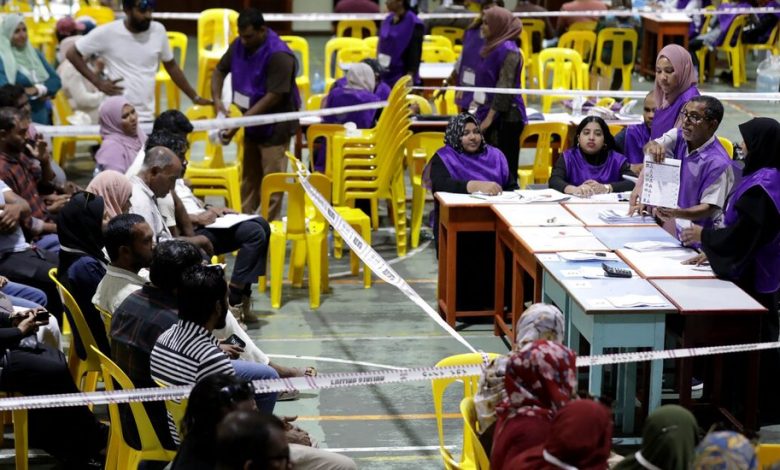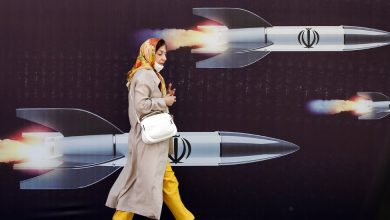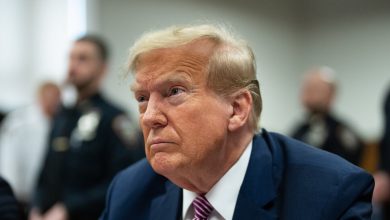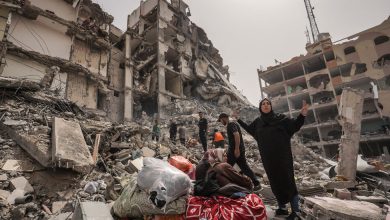Maldives Votes in Presidential Runoff Overshadowed by India and China

As voting began on Saturday in the presidential runoff in the Maldives, the race was proving to be as much a referendum on the competition between India and China for influence as it was a chance to determine the small island nation’s next leader.
The pro-India incumbent, President Ibrahim Mohamed Solih, has trailed Mohamed Muizzu, the mayor of the capital, Malé City, who has pushed for stronger ties with China. When neither managed a first-round victory with half the vote early this month, the race was pushed into a runoff.
The campaign season has focused on a range of issues, including a housing crisis in the overcrowded capital, which is scarce on land, and the country’s dwindling dollar reserves. That problem has prompted parties to offer competing “de-dollarization” proposals relating to trade.
But none of the issues has hung as heavily as the influence of the two Asian giants over the future of the Maldives, a nation of about half a million people that lies 450 miles south of India. The Maldives is particularly important because it sits along busy shipping routes in the Indian Ocean.
For China and India, the jostling for influence among their neighbors is nothing new. China enjoyed an early advantage because of its deep pockets and the development loans it brought as part of its Belt and Road Initiative, but India has asserted itself more in the region in recent years.
New Delhi stepped in to assist Sri Lanka with billions of dollars when the country’s economy crashed last year. It has also expanded its presence and projects in the Maldives since Mr. Solih won the presidency in 2018, ending the five-year tenure of the pro-Beijing Abdulla Yameen, who is now in prison for corruption.
As the election race heated up, the main opposition coalition, which includes Mr. Muizzu’s People’s National Congress, made maligning the current government’s growing relations with India a main focus. Using slogans like “India Out,” it has denounced Mr. Solih’s government for bringing a small contingent of Indian military personnel to the island.
While Mr. Solih has embraced his ties to India, inviting investment from its companies and development aid from its government, he has denied that it has been at the cost of relationships with other countries. During one election debate, Mr. Solih also rejected the opposition’s assertion about the nature of foreign troops’ activity, saying, “There is no Indian military personnel conducting military work in the Maldives.”
In the initial round of voting, which featured eight candidates, Mr. Solih got 39 percent, trailing Mr. Muizzu’s 46 percent.
The president has been undermined by a messy public split in his Maldivian Democratic Party, with Mr. Solih’s childhood friend, Mohamed Nasheed, a former president, parting ways before the election to create his own party. Mr. Nasheed, who helped Mr. Solih become president, had felt increasingly marginalized.
The candidate put forward by Mr. Nasheed’s new party received 7 percent of the vote, making it a potential kingmaker in the runoff. But Mr. Nasheed, now the speaker of Parliament, has found himself in a difficult spot, torn between his longtime closeness to India and the breakdown of his relationship with the president, which he has said cannot be surmounted.
Mr. Nasheed’s party announced that it would “refrain from supporting either candidate” in the runoff, results of which were expected on Saturday evening.



